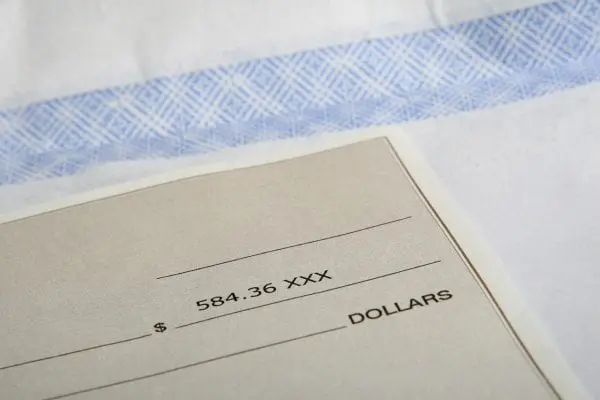Understanding a Tax Levy On Your Paycheck

Many people may be surprised to hear that the IRS can take some of your paychecks, but it is a reality. However, if you’re worried about whether or not the IRS will be doing so, then it might not be too much of a surprise. However, it’s worth noting what a tax levy is and why the IRS may place one on your wages. Many people may be wondering what is a tax levy on my paycheck? This is when the IRS sends a notice to your employer instructing them to send part of your wages to them instead of you. This is done when you have an overdue tax balance and have been issued with several notices.
It should be noted, however, that the IRS can’t take all of your wages. Instead, it will take a certain portion of your wages every week or month. This is determined by a variety of factors; chief among them are your filing status, pay period and number of dependents. Because of that, how much the tax levy is can vary from case to case. On top of wages, the IRS will also be able to put a levy against your bank account, Social Security income and other funds receivable. This is all to be put toward your particular tax bill.
How Long Does It Take The IRS To Levy A Paycheck?
This can vary from case to case as there are a variety of factors that come into play. As a general rule of thumb, however, you can expect that it will take between 11 and 25 weeks for the IRS to place a levy on your paycheck. This period is after they send you their first notice and demand for payment. During that time, you’ll receive a variety of notices and instructions on how to become tax compliant before the levy is imposed. These will include the likes of a CP14, CP501, and CP503, which are all notices and demands for payment. Next, you’ll be issued with a CP504, which is an intention to levy document. This should also explain how much the levy is for and other related information.
After this, you’ll receive a notice of your right to a collection due process hearing, otherwise known as an LT11 or Letter 1058. This will come via certified mail. Should you get this letter, you’ll be given the opportunity to dispute the amount owed or make a payment agreement. However, you must apply for one of these hearings within 30 days of receiving the letter. If the IRS hasn’t heard from you after 45 days of issuing the LT11, they will begin collecting from your paycheck. It should also be noted that the IRS may sometimes skip this part of the process and go straight to imposing the levy on your paycheck. You’ll be able to figure out the amount of a levy through Publication 1494.
How To Get Rid Of An IRS Levy
If the IRS imposes a tax levy on your paycheck, there are several ways to have it released. The first of these we mentioned above, which is coming to a payment agreement with the IRS. If you’re going to go this road, it’s best to do so before the levy is imposed. With the notices that the IRS sends out, you should have plenty of time to come to an amicable agreement before the levy is imposed. Secondly, you could prove that the tax levy is imposing an undue financial hardship. This can be quite difficult to prove, however, and may just reduce the amount of the levy rather than getting rid of it.
The tax levy will also be gotten rid of should the IRS run out of time to collect your taxes or if you enter bankruptcy. If you believe that the levy was wrongfully filed, you can aim to prove so. While this may be somewhat complicated to do, if it is in error, then you’ll need to prove so. It’s also recommended that you aim to do so as quickly as possible; preferably when you receive your first notice about the tax balance being owed. You may also be able to dispute the amount of tax you owe, which can have a significant impact on how much the levy imposed will be. As we mentioned, this is best done as early as possible to avoid having the levy imposed.









